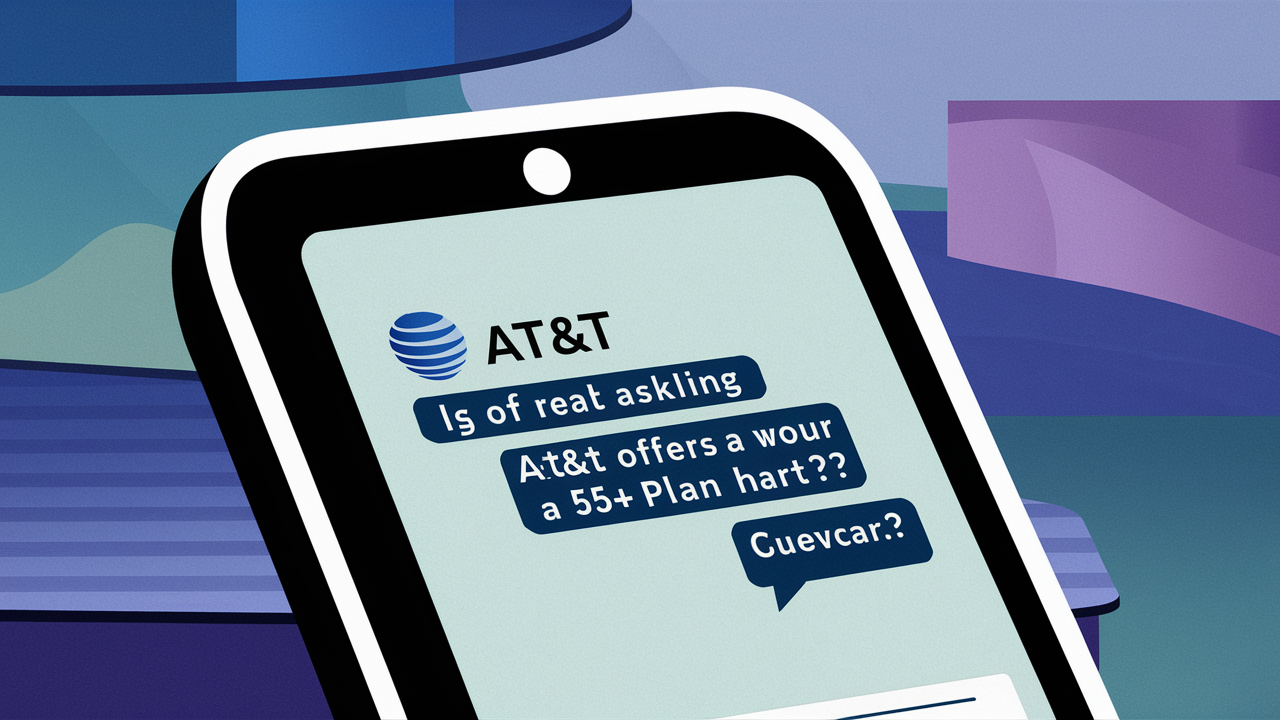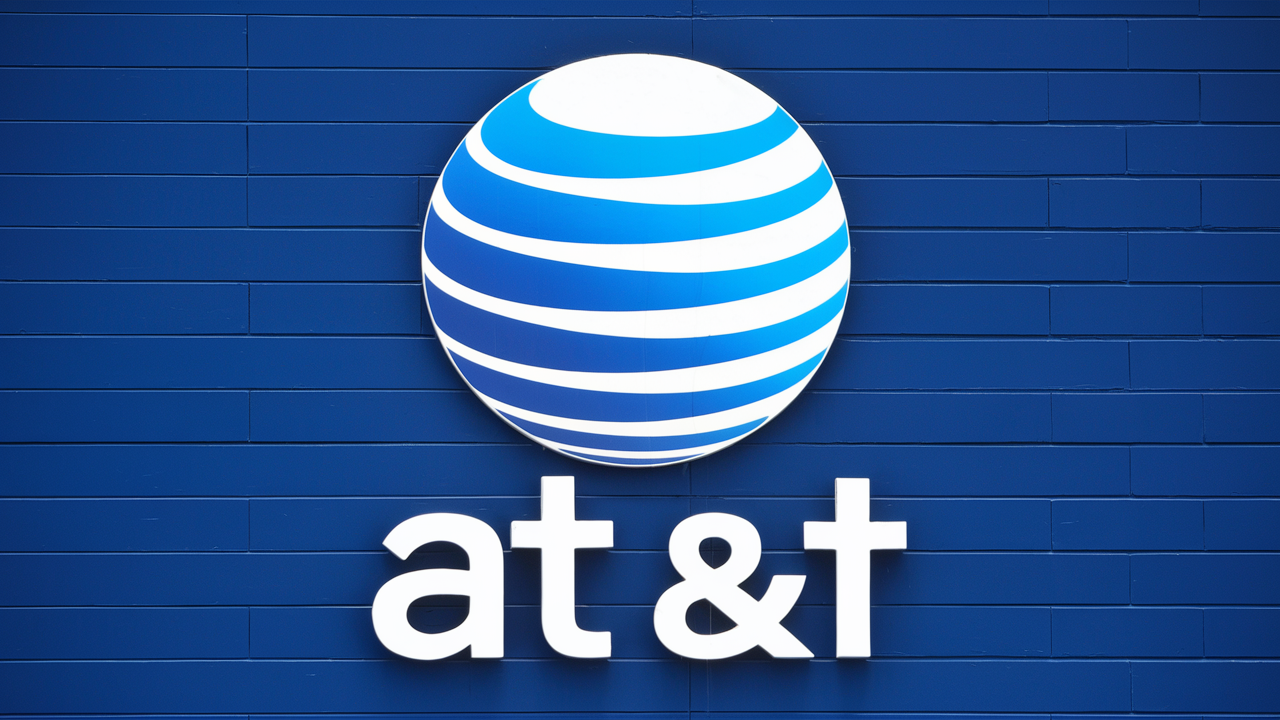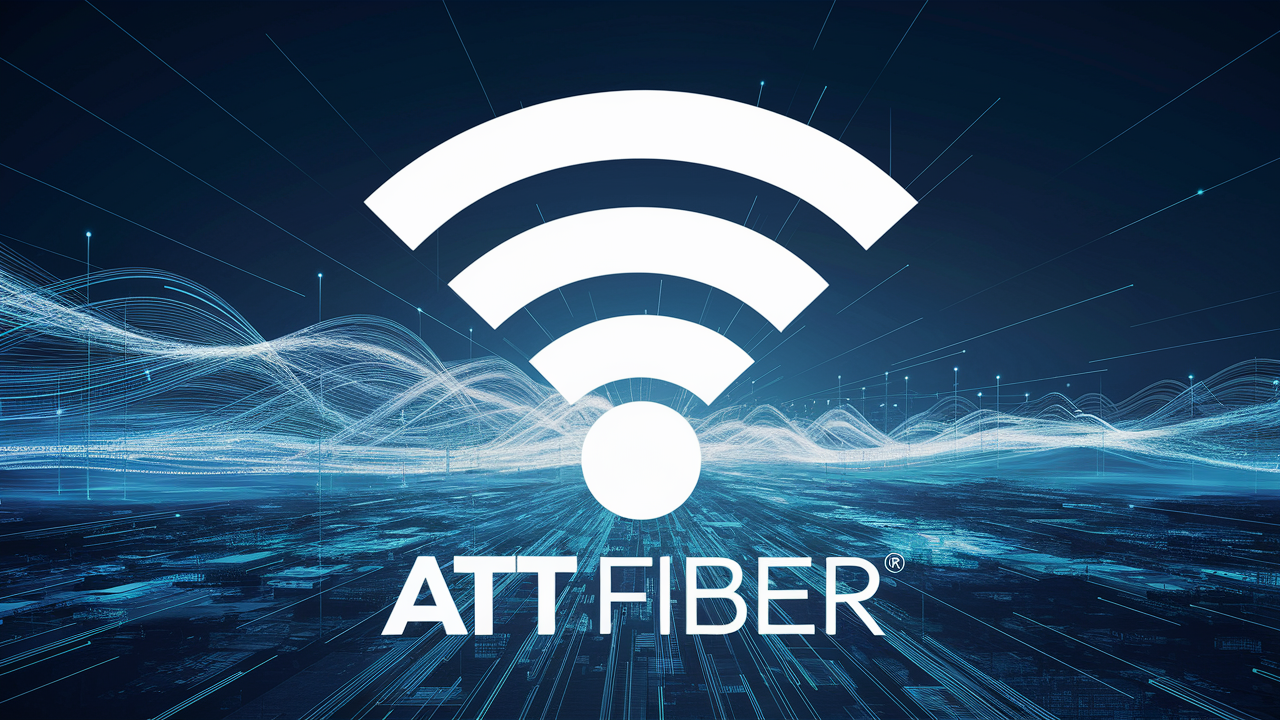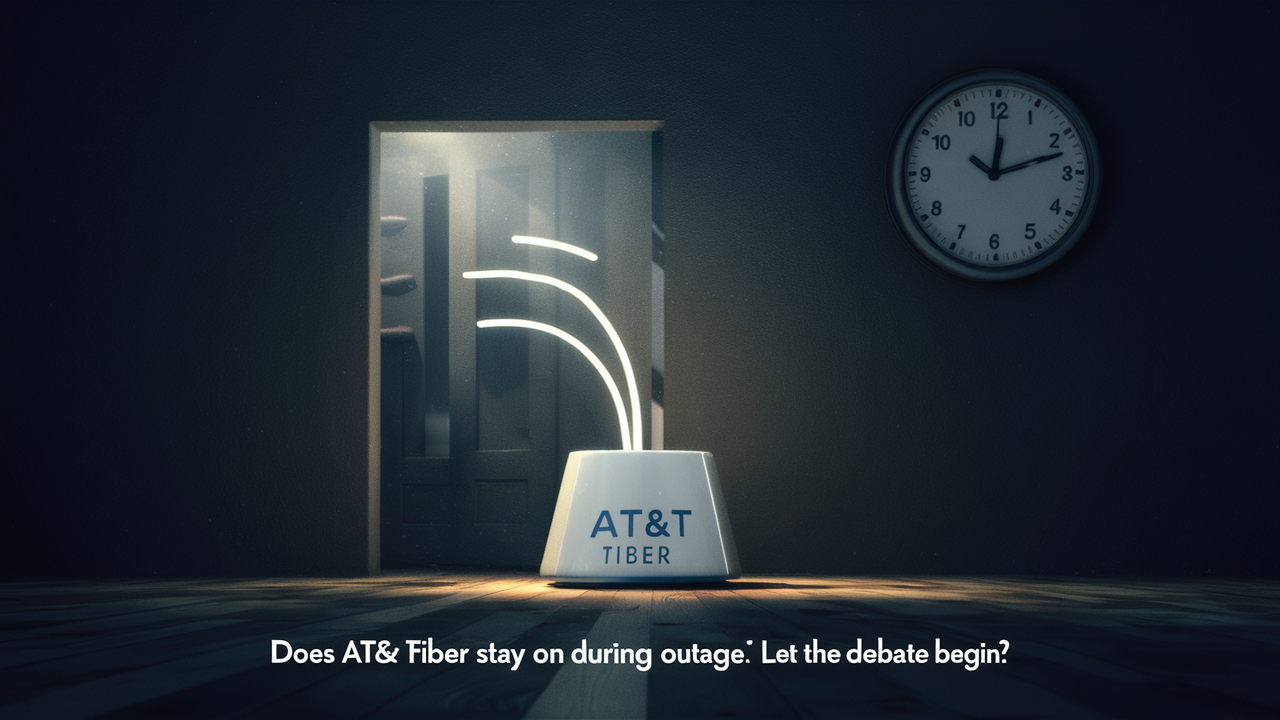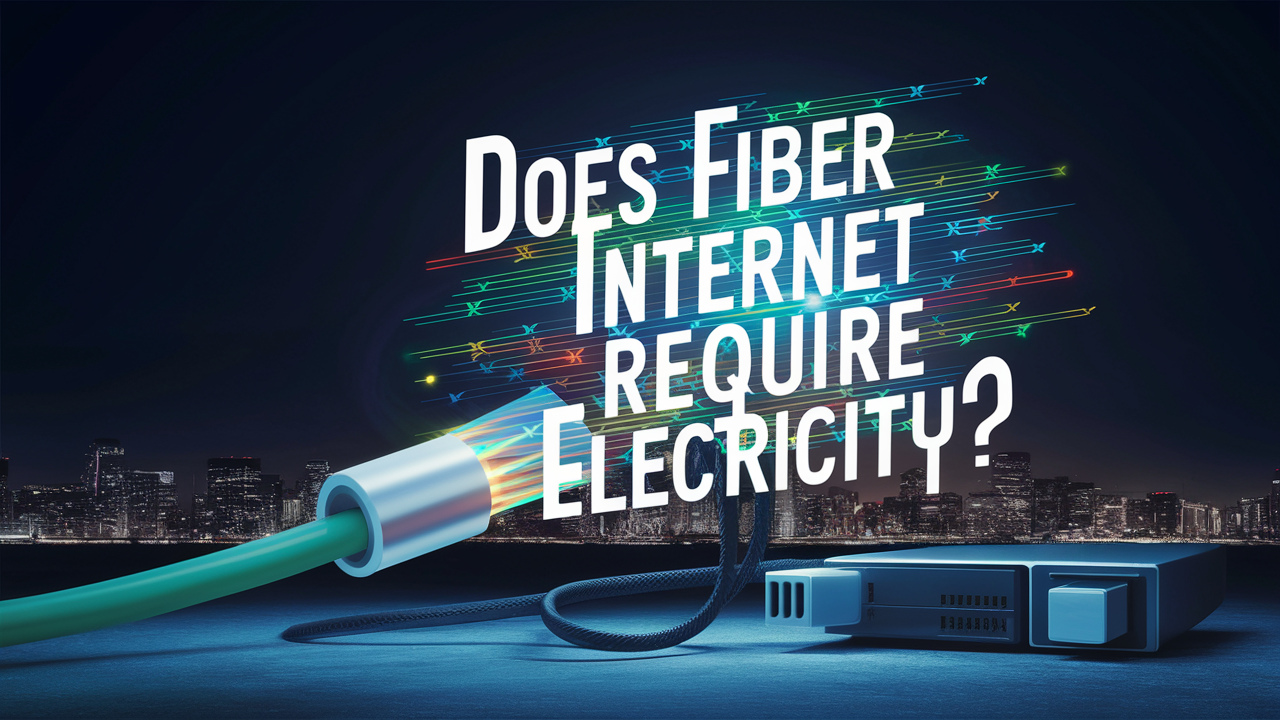
Fiber optic internet, or as it may also be referred to as fiber internet has recently been adopted by many people as the kind of internet connection that suits them. However, the question that goes through the minds of many when using the fiber internet is whether or not the connection remains functional during a blackout. The answer to the question is a short yes but this can only be true in special circumstances where fiber internet access is still feasible without electricity. Still, there are certain nuances that one has to keep in mind.
How Fiber Internet Works
In order to answer the question “does fiber internet require electricity,” it is perhaps easier to first explore how fiber internet functions as an entity at its very core. Fiber internet thus sends the information through fiber optic cables that are composed of thin filaments of glass or plastic. Unlike the earlier cables which relay data through electrical signals, these cables utilize light pulses.
The fibers optics cables connect the internet service provider center to terminal that are close to your home or business. Further from those terminals, other cables, normally copper wires, link the actual fiber connection right to your house / building.
Within your household there exists a device referred to as Optical Network Terminal (ONT). This gadget transforms the light signals that originate from the fiber optic cable into electrical signals that your router and computer can utilize. The fact is that an actual transmission of the signal does take place through the pulses of light within the fiber optic cable itself, but there are some electrical appliances on both ends to enable the transmission and reception of the ‘internet signal’.
This leads to the main question that will be answered in this piece – can fiber internet operate without power?
Internet Services Based on Fiber During Power Blackouts
Yes, power outage can for a while affect a home or business fiber Internet service Provider connection For fiber internet to work, one has to have an ONT and a router or modem, which would need power to operate. However, your experience during an outage will depend on a few factors.
1. Battery Backup Systems
Fiber internet networks are constructed with battery backup in some parts of the network; the end-point that links the overall fibre-optic network to the cables that connect to your house. These batteries can also provide internet connectivity to your home for several hours or more in the event of a power blackout.
Then there’s the ONT box inside your home that also has battery backup and you might be able to surf the internet without interruption during a blackout. However, you need to replace ONT batteries every few years to make them work properly, so check if your ONT has a working battery if you are not sure.
However, if these backup batteries are not present both along the fiber line and inside the ONT box, the internet signal cannot reach your devices where local power is out.
2. Fiber Connection Type
This is an important factor for any user to consider when setting up fiber connections especially in cases of outages. The fiber network structures also vary from one ISPS to the other, and they employ different strategies to supply batteries along the line.
This means that the Active Ethernet fiber connections are usually more interrupted by power breaks when appropriate backup power is not available. The fiber connections in GPON also pass data through channels to your home in a manner likely to sustain connection even if the terminal batteries run out.
Thus, fiber type allegedly plays a role, but can be different with one provider or another in practice during an outage.
3. Router and Modem Equipment
At some point, even if your ONT box maintains the fiber internet signal running to your home during a power outage, your WiFi router and internet modem will shut down due to the power blackouts in your region. This means as long as the internet pipe line is kept on, your personal gadgets will not inherently be capable of going online unless the key pieces are kept on.
Many modem routers models come with battery backup support available. However, LTE mobile connectivity would require one which provides true outage resilience when local WiFi is off. The same could be said about mobile hotspots which would offer the same off-grid connection.
Nevertheless, battery-powered modems and routers are only capable of providing a limited hours of runtime before the battery needs recharging. That means multi-day outages will continue to need either generators or other forms of resiliency to keep connected.
Fiber Reliability in comparison to Cable
From the information above, it can be deduced that fiber internet incorporates some electrical equipment and batteries making it as sensitive to power outages as cable internet. However, fiber is generally seen as more reliable during outages than cable for a few reasons:However, fiber is generally seen as more reliable during outages than cable for a few reasons:
- On average, battery backups are more situated along fiber routes than in most cable systems. Well, fiber terminal batteries are expected to endure many hours on average.
- Above-ground cables are from trees or from the wind, ice, etc and the fiber cables are under the ground thus they are not easily damaged.
- The information is transmitted through passive fiber optic cables and these cables are very robust. They do not consume any power that is electrical in nature themselves.
- This is where strategies such as GPON enhance the ability of fiber architectures to address faults along a given line.
Hence while fiber is not immune to outages it can withstand major weather incidents and offers relatively higher resilience compared to cable internet during many outages. When done correctly along with proper upkeep of battery backups fiber provides some of the best hard wired internet connections one can find.
Staying Connected Even When the Power Is Out
Fiber internet is a technology that offers significant speed and bandwidth opportunities. It does necessitate backup batteries and gear to provide true outage reliability, however, providers are progressing in fiber reliability during emergencies.
On the same note, here are some of the things that you can do at your home to avoid any internet interruption: you can install a UPS on your networking equipment or even transfer your ONT to a backup generator if you need the internet to be up all the time.
Specific measures and tools can be ensured to provide lower outage risk of fiber internet in contrast to other access types. Those investments provide assurance and reliability for sustaining the communication that is cut in the dark.
Call (844) 905-5001 to get a new AT&T connection now!
Read More:
How long does it take for ATT to install fiber optic?
How fast is WIFI on ATT fiber?
How much to install fiber optic cable in a home?
Do you need a special modem for fiber optic internet?


